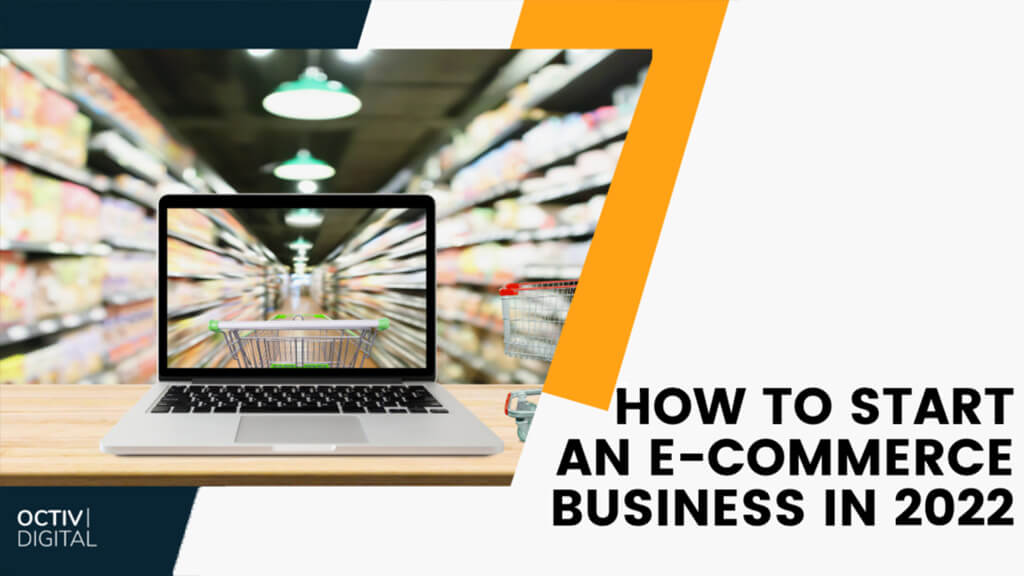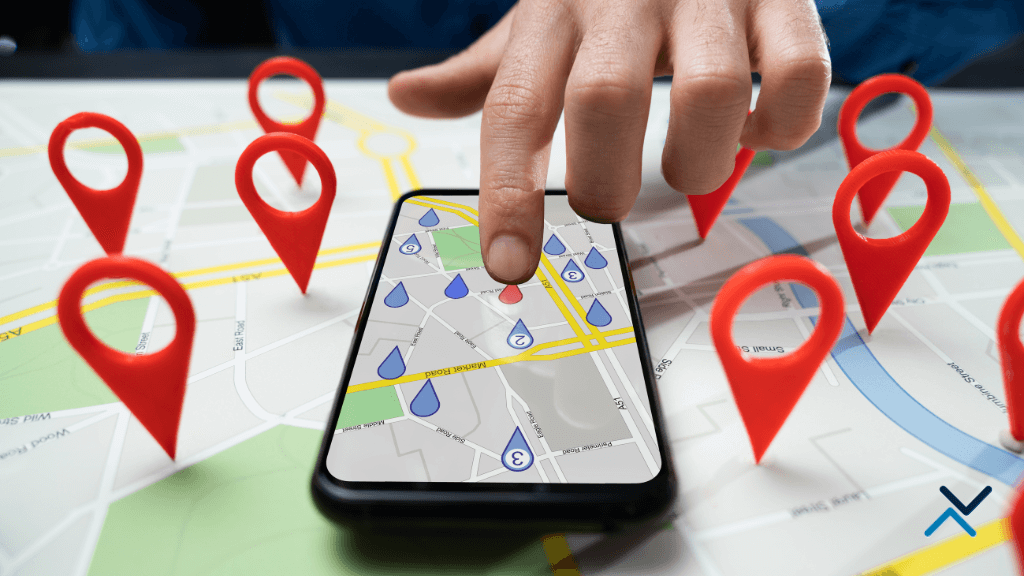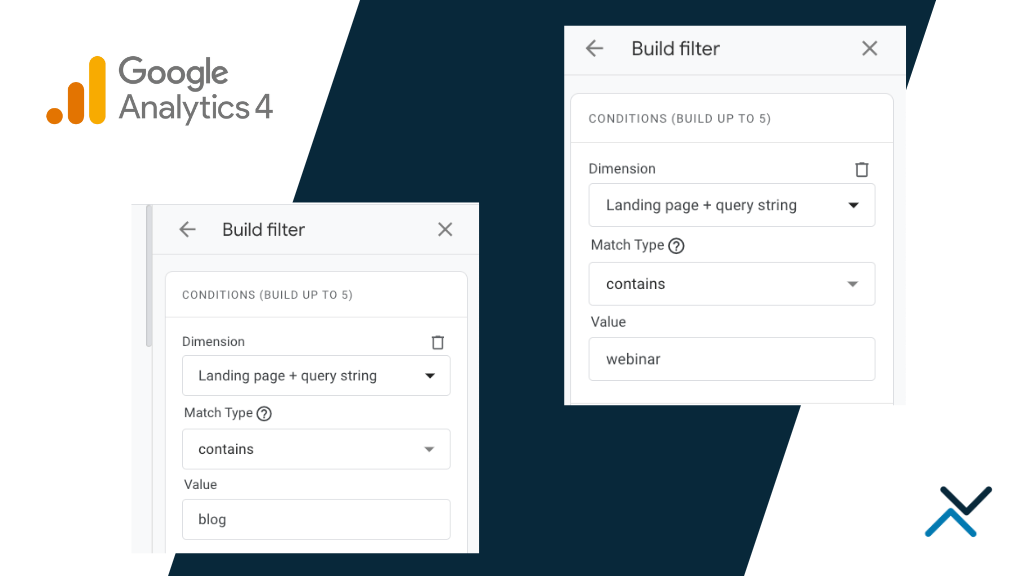With the rise of social shopping apps like Instagram and Shopify, it has never been easier to start a business. If you’ve got a passion for something, all you need is an idea and some creativity to really get it off the ground.
However, with the proliferation of new tools and opportunities, the old-fashioned way of setting up a store can seem overwhelming.
Here we will walk you through everything you need to know about starting an e-commerce store in 2022 to help you get started with minimal issues.
Ways to Start an Online Store
If you have a good idea for a product or service, there are a handful of ways to get started. Let’s go over some of your options.
Marketplaces
It’s always a good idea to put your products on platforms like Amazon. With the biggest marketplaces earning over $2 trillion in revenue, there is never a shortage of shoppers.
Marketplaces are great for exposure, but often charge high fees for third-party sellers. However, there are some advantages to using Amazon. First off, Amazon is consistently ranked as the top-rated e-commerce site in customer satisfaction. This is likely because Amazon has a reputation for great customer service and you don’t have to worry about fees and returns.
While it may seem difficult to get started on Amazon or any other marketplace, there are plenty of helpful tips online to help you get set up.
Dedicated E-Commerce Platforms
While marketplaces like Amazon are great for making sales, they don’t typically offer many options for customization. By choosing to use an e-commerce platform, like Shopify, WordPress or Salesforce Commerce Cloud (for larger enterprises), you can set up your store however you want (within reason).
When choosing an e-commerce platform to host your online store, it is important to find one that fits your needs. Some platforms are designed mostly for dropshipping (using services like Oberlo), while others offer more advanced features such as automated payments and shipping labels. Take a look at your specific needs and the product(s) you offer, then choose the appropriate platform. Most dedicated e-commerce platforms provide trials to make sure it’s a good fit for your store.
Build Your Own Site
If you want to start an online store because you’re passionate about a certain product or service, then it might be best to build your own website.
Building your own website can be great if you want to create a brand and completely customize the relationship with your customers. There are a lot of advantages to going this route – it allows for creative, brand-centric design, and gives your company a strong sense of authenticity.
However, building your own site isn’t easy – so you may want to talk to someone who knows how to do it well.
Choosing a Selling Method
With so many tools available today, there are a lot of different ways to get a new business off the ground.
While most new e-commerce businesses choose one category to focus on, try out different methods until you find something that works. Here are some ideas for laying the foundation of your e-commerce business.
Dropshipping
Dropshipping is a popular option among e-commerce stores because it can be set up in just a few days. Once your store is live, you can copy your products directly from your inventory.
Dropshipping is great for starting out, but after you make some sales, you may want to think about other options.
Reselling
While dropshipping can be a great way to get started, you may not want to focus on it forever. For every product that is sold using dropshipping, some money is going out of your pocket.
You can avoid the dropshipping fees and still make money by reselling some of your products. This way, you’re also able to cut out the middleman and minimize any mistakes in the process.
Arbitrage
Another popular selling method is arbitrage. Arbitrage simply means that you buy products at a lower price and sell them at a higher one. By using this method, you can earn more on every product without having to spend excessively on production.
Arbitrage is great for scaling your business. However, it can be dangerous as well – you need to be careful not to overpay on the products you buy.
Niche & Product Research
Once you’ve decided what you want to sell, it’s time to look for products that match your niche, and research new ones. If you choose the wrong products, your business will soon face a loss of customers and revenue.
You can begin with Google Trends or look through Amazon to check product ideas, and then move on to researching e-commerce sites that already offer the products you like.
It’s also a good idea to talk to friends and family about what they like and develop a wish list before deciding where to begin.
Research Competition & Create a Business Plan
Before you start your business, it’s important to research some of the most desirable competitors. By comparing their online sales, growth potential and social media presence, you can come up with a game plan for how to beat them, as well as understand what parts of their strategies should be emulated.
For example, e-commerce stores that focus on kid’s toys tend to do well in communities with large numbers of parents. Stores that sell travel items generally do better in the biggest cities because of the high demand for flight tickets.
Find Suppliers
Once you’ve decided what you want to sell, it’s time to find reliable suppliers.
You can find suppliers through business directories that match your industry, relationships you have established or by researching businesses in your category. Or, if you are looking for large suppliers in the hopes of reselling their products, make a list of products you would like to retail on your site and beginning communicating about a retailer relationship with the supplier.
Once you have found suppliers, you need to set up payment terms and shipping methods. Remember to order test products and verify the quality yourself, or you may regret it down the line.
Manage Shipping
Shipping is an area in which you can easily lose money. It is critical to know how much all of your shipping methods will cost, and make sure to choose the most affordable and convenient ones for your customers.
Shipping fees vary depending on the size and weight of a package. You should use a tool like UPS or FedEx to determine which service is best for your business. Remember that some customers may think the shipping fees are too high, so you may want to offer free shipping as a way to attract customers.
Promote Your Products
Once you’ve made your first sale, it’s time to start drumming up traffic. While an SEO strategy will take a while to take hold, you can start pay-per-click advertising and posting on social media to start to drive immediate visibility.
Ads on Facebook, Instagram and LinkedIn will help to grow your following and get people interested in what you have to sell. Alternatively, you can upload a product catalog to start bidding on via Google Shopping.
Starting Your Store
Starting an e-commerce business isn’t easy – but it’s a great way to make a living. If you can find products that fit a niche and find customers who want them, then your business can be very successful.
Your goals for your e-commerce business will also change as you move forward. Some businesses start out with the dream of earning millions in sales per year, but after time, they realize that their true goals are more modest. Whatever you decide to do, remember that it’s important to be adaptable. If you’re not sure where to start, talk to people who are more experienced or follow entrepreneurs who talk about how they’ve found success and take advantage of their experience.
If you’re currently trying to decide what is the best e-commerce strategy for your business, don’t hesitate to reach out to us [email protected]. We’ll happily take a look at your site, services and / or products and provide an honest assessment of what will work best for your budget.









